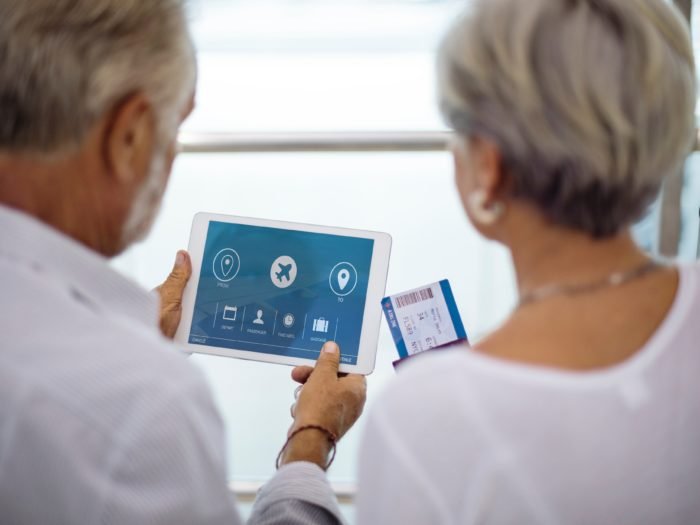Watch my interview on You Choose Sundays with host Ayana King, CEO of Maximum Communications, discussing older adults, technology, and social justice. Ms. King is…
More seniors are going online using phones, tablets, and computers for conducting personal business, getting news and information, staying in touch with friends and relatives through social media, pursuing romantic interests through online dating, conducting ancestry research, and many other very positive reasons. However, as the online senior population grows, it becomes increasingly important to provide the education, resources, and support for protecting seniors online.
As noted in my previous post Protecting Senior Citizens from Online Scams, scammers can use Social Engineering (or Phishing) in the form of false emergencies, financial scams, or tech support scams to steal personal information from unsuspecting seniors, such login credentials for bank and brokerage accounts. They can also use links in emails or web sites to deliver a payload and infect an unsuspecting senior’s computer with viruses or malware. Viruses and malware are types of malicious software that can damage your files (and possibly your computer), hijack your computer without your knowledge for nefarious purposes, or steal personal information for identity theft.
Online dating can be a fun adventure, and a great way for seniors to find love and friendship. However, one of the most awful, hurtful types of scams is when a con artist feigns love or affection and attempts to steal money or property, or extravagant favors from a senior.




